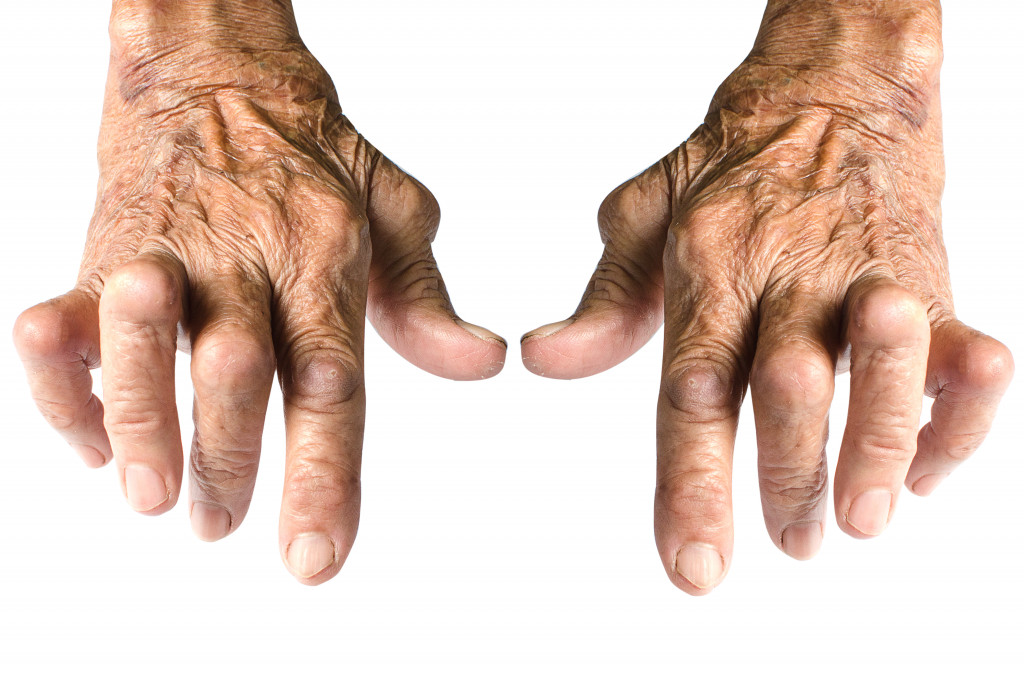- Aging leads to physical, mental, and cognitive changes, increasing the risk of disability due to chronic health conditions.
- Disability in aging can result from biological factors, lifestyle choices, chronic health conditions, and environmental factors.
- Diseases like arthritis, dementia, COPD, diabetes, and osteoporosis are more prevalent in older adults and can lead to disability.
- While some disabilities are unavoidable, managing and preventing them can be achieved through senior care, exercise, a healthy diet, and home modifications.
- Prioritizing the well-being of the elderly and providing necessary resources can help them maintain independence, dignity, and a quality life.
Aging is a natural process that everyone goes through. With aging comes a greater risk of developing various diseases and conditions that can lead to disability. While not all disabilities are related to age, the majority of individuals with disabilities are aged 65 and over. Here’s a look into disability in aging, its causes, and ways to manage it.
Disability Among The Aging
As individuals age, they may experience changes in their physical, mental, and cognitive abilities. This can result in limitations that affect their daily functioning and independence. Such limitations may be caused by chronic health conditions such as arthritis, heart disease, stroke, or dementia. More than half of all older adults have at least one chronic condition, and 80% have at least two. These conditions can significantly impact an individual’s quality of life and lead to disability.
Causes of Disability in Aging
Several factors contribute to the development of disabilities in aging. These include:
- Biological factors: As we age, our bodies undergo physical changes that can result in limitations and impairments. These include loss of muscle mass, decrease in bone density, and decline in sensory abilities.
- Chronic health conditions: As mentioned before, chronic health conditions are a major contributor to disability in aging. These conditions can worsen with age and affect an individual’s physical and mental functioning.
- Lifestyle choices: Poor dietary habits, lack of physical activity, smoking, and excessive alcohol consumption can all increase the risk of developing chronic health conditions that may lead to disability.
- Environmental factors: Accessibility and environmental safety are crucial in preventing disabilities among older adults. Poorly designed buildings, lack of transportation options, and other environmental barriers can limit an individual’s ability to move around and engage in daily activities.
Diseases That Make Seniors Disabled
Certain diseases are more prevalent among older adults and can result in disability. These include:

1. Arthritis
Arthritis is a common disease that affects many people in their later years. Various factors, including genetics, overuse, and inflammation, can cause it. Arthritis can lead to severe joint pain, stiffness, and loss of mobility. The pain associated with arthritis can make it difficult for individuals to perform daily activities such as walking and dressing themselves, which can lead to disability.
2. Dementia
Dementia is a group of diseases that affect all sorts of cognitive skills. Dementia can cause severe memory loss, confusion, and personality changes. As dementia progresses, individuals may become unable to perform tasks such as dressing, bathing, or preparing meals independently. Dementia can significantly impact an individual’s quality of life and ability to complete daily activities.
3. Chronic Obstructive Pulmonary Disease (COPD)
COPD is a group of lung diseases that cause breathing difficulties, including chronic bronchitis and emphysema. As COPD progresses, individuals may experience shortness of breath, wheezing, and fatigue. Individuals with COPD may be unable to participate in physical activity or perform everyday tasks without assistance, contributing to disability.
4. Diabetes
Diabetes is a chronic condition that affects how the body uses glucose. It can lead to various complications, including blindness, kidney damage, and nerve damage. Individuals with diabetes may be at a greater risk of developing mobility issues, making it difficult to accomplish everyday tasks.

5. Osteoporosis
Osteoporosis is a disease that causes the bones to become weak and brittle. As a result, individuals with osteoporosis are at a greater risk of fractures. These fractures can severely impact an individual’s quality of life and may lead to disability.
Ways to Manage Disability in Aging
While some disabilities are unavoidable, there are ways to manage and prevent them. These include:
Senior Care
It’s important to get care from healthcare professionals. An expert in-home care can help with daily tasks such as dressing, bathing, and meal preparation. They can also provide support and assistance in managing chronic health conditions.
Exercise
Regular exercise is essential for maintaining physical and mental well-being. Low-impact exercises such as walking, swimming, and yoga can improve muscle strength, flexibility, and balance. This can prevent falls and maintain independence.
Healthy Diet
A balanced and nutritious diet is crucial for maintaining health and preventing chronic conditions. A diet rich in fruits, vegetables, whole grains, and lean proteins can help maintain a healthy weight and reduce the risk of developing disabilities.
Home Modifications
Making modifications to the home can enhance safety and accessibility for older adults. Installing grab bars in bathrooms, ramps for wheelchairs, and non-slip flooring can reduce the risk of falls and increase independence.
Disability in aging is a significant issue that requires attention. By understanding its causes and taking preventive measures, we can effectively manage disabilities and improve the quality of life for older adults. With proper care, support, and lifestyle choices, individuals can age with dignity and maintain their independence as they grow older. So, it is crucial to prioritize the well-being of aging individuals and ensure they have access to the necessary resources and support to live their lives to the fullest.